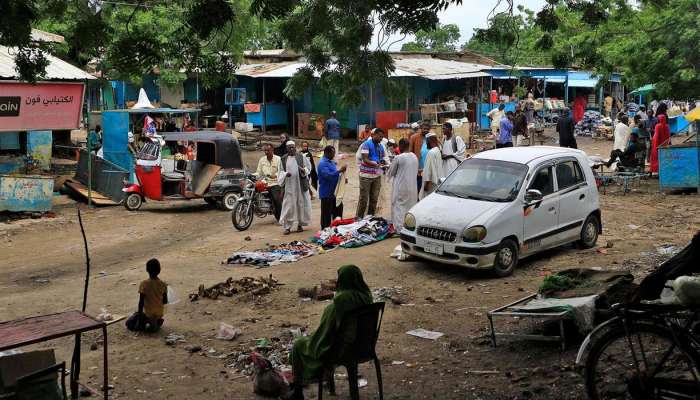
Blue Nile: Two days of tribal fighting in Sudan's south killed at least 220 people, a senior health official said on Sunday.
Fighting in Blue Nile province, which borders Ethiopia and South Sudan, reignited earlier this month over a land dispute. It pits the Hausa tribe, with origins across West Africa, against the Berta people.
The tensions escalated Wednesday and Thursday in the town of Wad el-Mahi on the border with Ethiopia.
According to Fath Arrahman Bakheit, the director general of the Health Ministry in Blue Nile, the officials counted at least 220 dead as of Saturday night. He added that the death toll was likely even higher.
The first humanitarian and medical convoy managed to reach Was el-Mahi late Saturday to try to assess the situation, including counting "this huge number of bodies," and the dozens of injured, Bakheit said.
Meanwhile, the unconfirmed reports on social media inform of the ongoing unrest in Blue Nile province.
Fact-finding committee to investigate clashes
The provincial government declared a 30-day state of emergency and banned gatherings. Troops were sent from the Sudanese capital Khartoum. The authorities established a fact-finding committee to investigate the clashes, according to the state-run SUNA news agency.
Eyewitnesses reported burning houses and killings with axes and sticks. Some 7,000 people were displaced to the town of Rusyaris. Others fled to neighboring provinces, according to the U.N. Office for the Coordination of Humanitarian Affairs.
Overall, about 211,000 people have been displaced by tribal violence and other attacks across the country this year, it said.
The fighting between the two groups first erupted in mid-July, killing at least 149 people as of earlier October. It triggered violent protests and stoked tensions between the two tribes in Blue Nile and other provinces.
The latest fighting comes at a critical time for Sudan, just days before the first anniversary of a military coup that has plunged the country further into turmoil. The coup wrecked the country's short-lived transition to democracy after nearly three decades of Omar al-Bashir's repressive rule, which was overthrown by a popular uprising in April 2019.